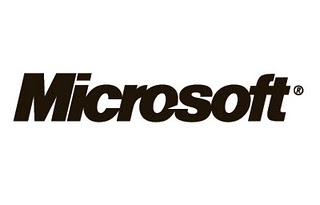In response to reports of a Zero-Day vulnerability targeting all versions of Internet Explorer, with the single exception of Internet Explorer 10, Microsoft has confirmed the issue and offered guidance to customers.
On Monday, SecurityWeek reported on security researcher Eric Romang’s findings, namely the discovery of a Zero-Day Internet Explorer vulnerability being exploited in the wild. Additional research showed that the payload being delivered after a system is compromised by this newest exploit comes from the Poison Ivy family of Remote Access Trojans (RATs).
 “Microsoft is investigating public reports of a vulnerability in Internet Explorer 6, Internet Explorer 7, Internet Explorer 8, and Internet Explorer 9; Internet Explorer 10 is not affected. We have received reports of only a small number of targeted attacks and are working to develop a security update to address this issue,” an advisory from the software giant states.
“Microsoft is investigating public reports of a vulnerability in Internet Explorer 6, Internet Explorer 7, Internet Explorer 8, and Internet Explorer 9; Internet Explorer 10 is not affected. We have received reports of only a small number of targeted attacks and are working to develop a security update to address this issue,” an advisory from the software giant states.
While a patch is developed, Microsoft says that using their EMET tool will mitigate the vulnerability. “Deploying EMET will help to prevent a malicious website from successfully exploiting the issue described in Security Advisory 2757760. EMET in action is unobtrusive and should not affect customers’ Web browsing experience,” Microsoft explains.
In addition, customers can set Internet and Intranet settings to high in order to block ActiveX and Active Scripting. Finally, customers also have the option to configure Internet Explorer to prompt before running Active Scripting or to disable Active Scripting in the Internet and local intranet security zones.
Microsoft hasn’t stated that a patch will be released during the October Patch Tuesday release, which is only a few weeks away. However, the expectation is that they will release one sooner rather than later. Moreover, the advice to use EMET won’t work in some organizations due to compatibility issues, and the public cry from pundits to switch from Internet Explorer to something like Firefox or Chrome just isn’t an option for a large enterprise.
By that token, if switching browsers is an option, it’s a wise alternative, and EMET does have its uses if there are no compatibility issues. So the general advice isn’t wrong, it’s just not one size fits all.
Related: New Internet Explorer Zero-Day Being Exploited in the Wild
Related: Microsoft Security Toolkit Gets Tougher On Exploits With Technology from BlueHat Prize Contestant














